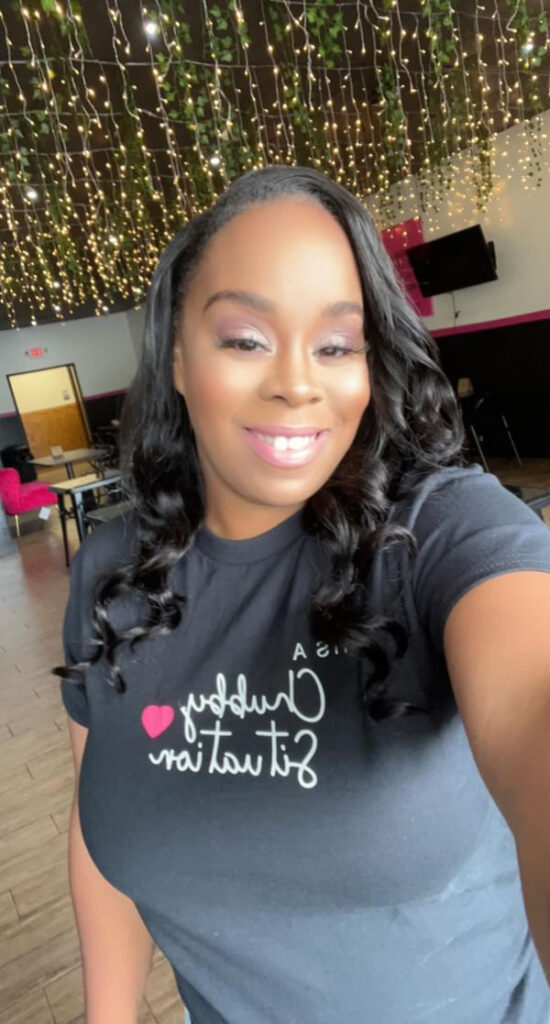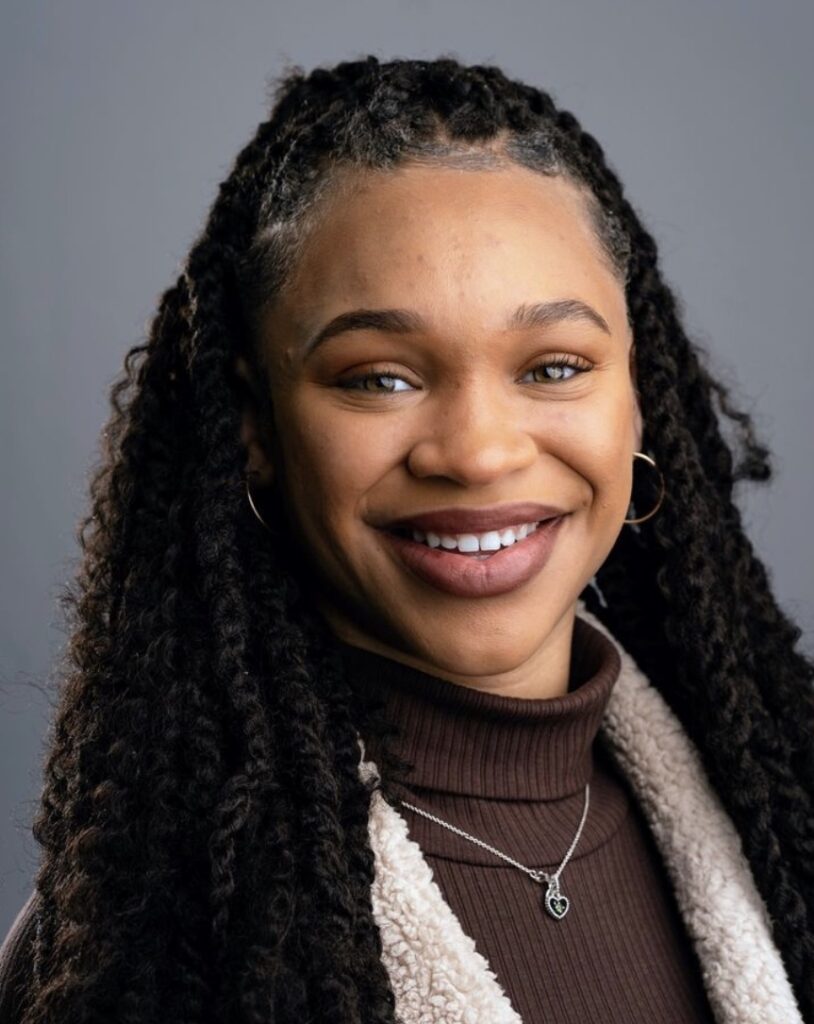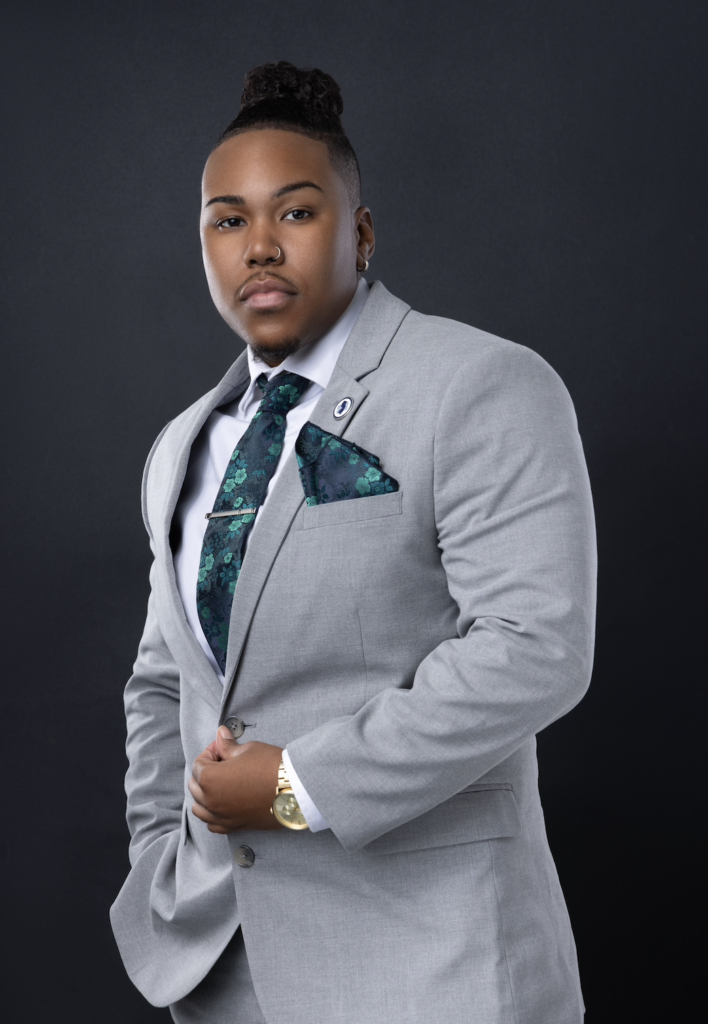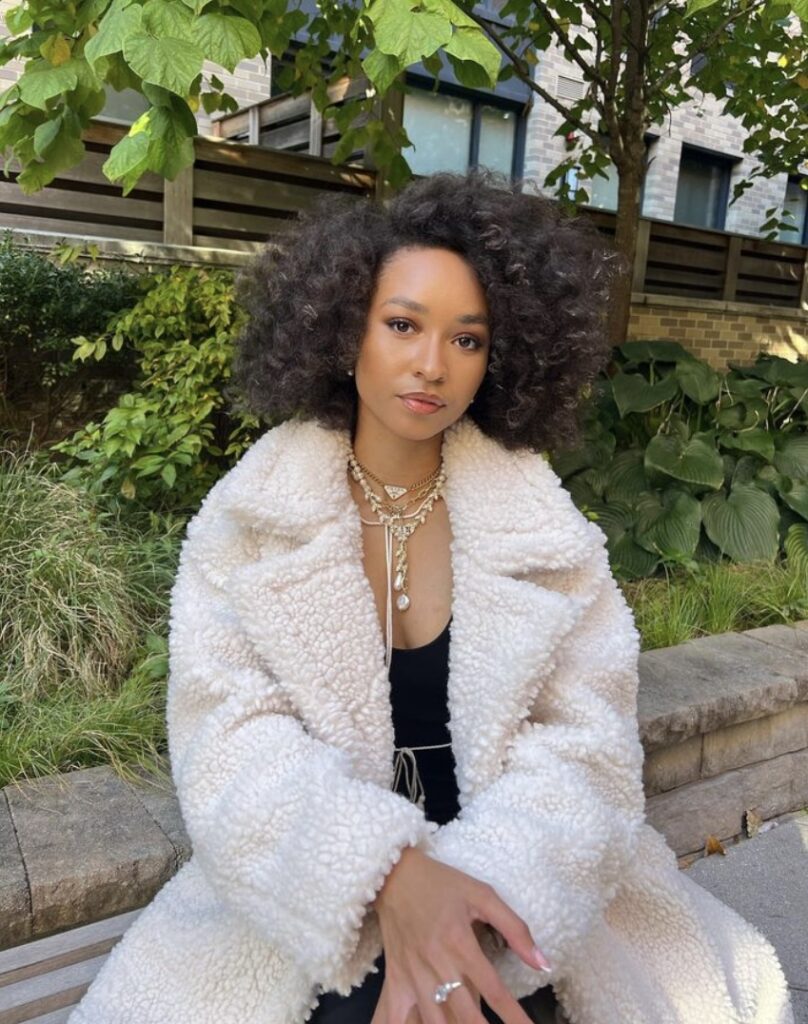Women’s History Month provides an opportunity to acknowledge and praise the contributions women of all backgrounds have made to society.
And here in New Jersey, Black women are defying stereotypes and showcasing that Black women are not a monolith.
Here are five Black women in New Jersey who are making their mark and exuding excellence while doing it.
Alexandra Bernard-Simmons (Roselle)

Tired from only having time for dance performances after work, Alexandra Bernard-Simmons realized the nine-to-five life wasn’t quite for her. She believed her soul was dying, and hence came her first business. Her first business, Elevation of Hip Hop, which derived from her flair in choreography, brought a new kind of fun to the kids in her neighborhood.
The people in her community enjoyed the kids hip-hop dance classes, which led Simmons to question what else she had to offer the community
“That’s when I was like, how can I share this with other women? I am in such a lovely place and I want to help my community and other women to understand that they can have everything that they dream of,” Simmons said.
Alexandra’s business, Think Like A Boss, was built from a place of love, with her community always in mind. She teaches women how to become the CEO of their lives and take back control. She also hosts events on entrepreneurship, health and wellness, finances, and relationships.
Simmons realized that resources for aspiring entrepreneurs were lacking and wanted to help. She says that when building her business, she struggled to find information and money, so she wanted to fill that gap and help those who come from the same communities.
“If you never change your formula of keeping your community first, it’s going to keep you going,” Simmons said.
This year, to celebrate Think Like A Boss’s 10-year anniversary, the organization plans to open a creative co-working space for women. The company also hosted a book signing on Saturday.
Shakeira Turner (Sicklerville)

Shakeira Turner, a former nurse, developed and opened her restaurant Chubby Chicks Cafe in 2022. What started as a dream became a reality.
“I had a dream that I had a restaurant called Chubby Chicks Cafe. The whole restaurant was pink,” Turner said.
She said her restaurant not only offers tasty dishes but also hosts fun events on and off-site.
“We have karaoke on Saturdays and Sundays [and] we do events outside of here. We [offer] boat parties in the summer; once a month,” said Turner.
Turner recognizes the importance of being involved in her community, so Chubby Chicks Cafe hosts back-to-school drives annually.
”We had our second one this past September. My biggest goal was to be able to help people who used to be the little kid that I used to be,” said Turner.
To Shakeira, Women’s History Month means a lot because it shows the capabilities of women.
“It means so much to me. I feel like we’re not just barefoot and pregnant in the kitchen. It means that we are running families, we’re running businesses, we’re running dreams, and we’re doing it, and it has nothing to do with our gender,” Turner said.
Brianna Reagan (Camden)

As an involved student at Rowan University, Brianna Reagan impacts her student body by serving as the Student Government Association president (SGA), clerical assistant for Camden Ascend, and coach for the Educational Opportunity Fund (EOF).
Her involvement as a coach allows her to assist other students on their college journey who may not be aware of the resources available to them.
“I’m meeting with other students who are in different grades and diverse backgrounds just to help them understand their resources on campus, what they can and cannot access [and] how we can better develop their journey throughout undergrad,” Reagan said.
Reagan said she values the influence students have, and as their SGA president.[I] stand for the undergraduate body of students who need to make changes within the structure of the university that [is] providing their resources…We hear a lot of the things they need from us. We try to make this a safer, better campus for all students of different backgrounds,” Reagan added.
She said that Women’s History Month means “being able to voice, educate, and uplift the women who often play behind-the-scenes roles.”
“We don’t get to see how often they impact our communities, our homes, and all that women do in general because people often push women and what they do off to the side,” Reagan said.
Brielle Winslow-Majette (Essex County)

Brielle Winslow-Majette was inspired to be a change agent due to a lack of mentorship and guidance for LGBTQ youth.
“I worked for a youth organization, and I realized that there was so much more that we could be doing than what we were doing already, Winslow-Majette said. “I was seeing so many LGBTQ youth who didn’t have mentorship programs and guidance to make sure that they were seen, heard, and felt safe. I also realized that there were no spaces for me as a Black queer woman where I could feel seen and heard.”
She says that the youth organization she formally worked for did not support her because of how she chose to identify, which resulted in her leaving the job.
“At that time I realized that I had to leave a space that may not have believed in me because of how I chose to identify or what I looked like,” Winslow-Majette said.
Brielle embraces her facial hair, which is caused by a condition called polycystic ovary syndrome (PCOS), but she says that she’s often prejudiced because of it.
Her job search became difficult because even after she would make it to the final interview, jobs would reject her because of her appearance.
“I would get to the final round, and they would look at me and see my facial hair, and they would see how I identify, and automatically, I could feel it change the interview,” Winslow-Majette said.
A friend of Brielle’s suggested that she should use her queerness to her advantage and look for jobs that embraced the LGBTQ community and be “gay for pay,” her friend said.
This led her to her current role as the Deputy Director for Garden State Equality.
“Everything we do is really to make sure that New Jersey residents are seen, despite how they look, feel, or love,” Winslow-Majette said
According to its website, Garden State Equality’s mission is to provide innovative community programs, educate and train service providers, and pass pro-equality policies to protect and meet the needs of LGBTQ+ New Jerseyans.
To Brielle, Women’s History Month is bittersweet because of the lack of representation of women like her who receive acknowledgment.
“It’s a bittersweet feeling for me because you know March 8th was International Women’s Day, and I actually created a video about how I saw 1,000 images and not one represented me as a woman, and it was isolating,” Winslow-Majette said.
This Women’s History Month, Brielle decided to pay homage to women trailblazers by wearing bow ties embroidered with the faces of icons such as Frida Kahlo and Ruth Bader Ginsburg.
“How do I pay homage to the people who made it possible for me to be here, and then, number two, how do I show everyone that women are not a monolith?” Winslow-Majette said.
Anya Dillard (West Orange)

Anya Dillard’s gumption for community organizing started at the young age of five when she had her first charity initiative that brought representation to those with disabilities.
“That awakened my love for community service. It just became something that I made a practice of and getting myself involved in up until my teen years,” said Dillard.
At 16, Anya founded her organization, The Next Gen Come Up, after becoming aware of the socio-economic disparities that impacted Black and Brown people. She wanted more young people to join in on the conversation.
“I started learning more about the history of race in America [and] learning about socio-economic disparities and starting to really frame my own political opinions. It inspired me to try and encourage more people my age to continue contributing to those conversations,” Dillard said
Anya said that even though her organization started off as a platform for young people to start those conversations, it transcended into more grassroots field activism.
The Next Gen Come Up hosts protests, rallies, and community sessions to educate the community about peaceful practices.
“All of the protests that we’ve ever done on the ground have been peaceful and have encouraged community members to find both unity and solidarity in coming together for a certain cause,” Dillard said.
This Women’s History Month, Anya says she focused on the importance of self-care and showed love to the women around her predecessors.
“As a young adult, I really take Women’s History Month as an opportunity to not only practice self-care and honor what it means for me in my young life to be a woman and to live in this country as a woman, but I’ve also used it as an opportunity to really immerse myself in the stories, narratives, poems, art, and speeches of women who are often overlooked,” Dillard said.
This story was produced as part of the Center for Cooperative Media at Montclair State University’s South Jersey Information Equity Project fellowship and supported with funding from the Independence Public Media Foundation, the Geraldine R. Dodge Foundation, and the NJ Civic Information Consortium.
